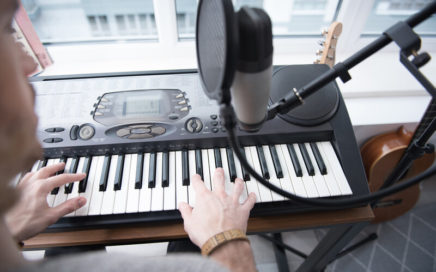
Creating an Instrumental Plan For Your Songs
Most of the time, the decisions you make regarding the instruments you choose for your song come down to decisions made at the production stage. In other words, as you write a song you’ll think about the structure of your song, the melodies, lyrics and chords, without giving particular attention to the instruments. And for […]














